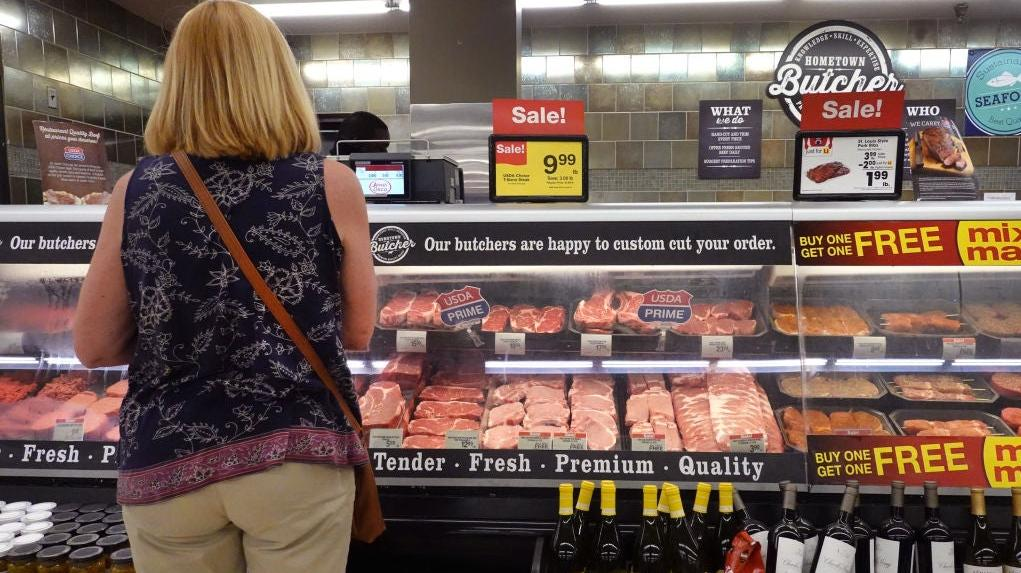Supermarkets Are Stockpiling To Get Ahead Of Inflation
Executives are bracing themselves for what The Wall Street Journal calls "some of the highest price increases in recent memory."
This time last year, consumer panic-buying decimated the baking aisle at my local supermarket. I know because I tried in vain to find yeast and flour for a good three weeks. By the time grocery shelves returned to a somewhat normal state, I had developed a permanent chip on my shoulder toward the neighbors I saw scurrying about with 20 cans of chicken noodle soup in their carts. But now, supermarkets themselves are doing the stockpiling, loading up on certain products before the grocery biz experiences "some of the highest price increases in recent memory," The Wall Street Journal reports.
WSJ cited Associated Wholesale Grocers Inc., the nation's largest grocery store wholesaler, as an example. The company recently purchased up to 20% more inventory, mainly of shelf-stable packaged foods, in preparation for coming price increases from major companies such as General Mills Inc., Campbell Soup Co., and J.M. Smucker Co. "When you have a uniquely inflationary period like now, it's a feeding frenzy," said Tony Sarsam, chief executive officer of Michigan-based food retailer and distributor SpartanNash Co.
WSJ explains that supermarket stockpiling is a burden on an already stretched U.S. food supply chain. The grocery industry is struggling with transportation costs, ingredient shortages, and a reduced workforce (at least, at current grocery store wages), which you can read more about here. Interestingly, consumers haven't yet felt the effects of those major price increases, largely because markets are still burning through their stockpiles. While you may notice a slight increase in the cost of some of your pantry staples, retailers are reportedly working to keep prices low to compete against discount or low-price chains like Walmart and Aldi, WSJ reports. But with a barely recovered food supply chain and perhaps permanently altered consumer buying habits, you have to wonder: how much more can our brittle food economy take?
